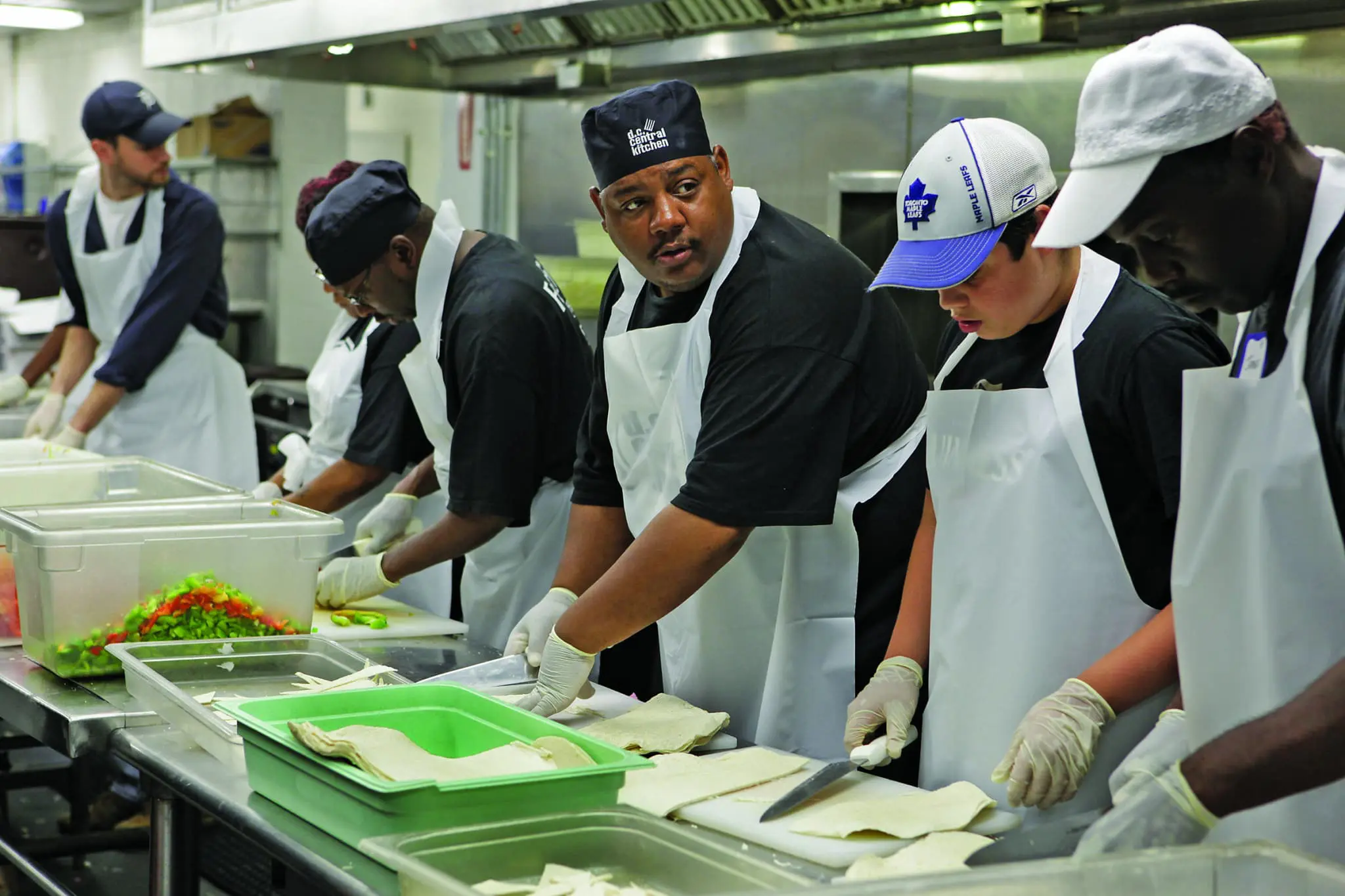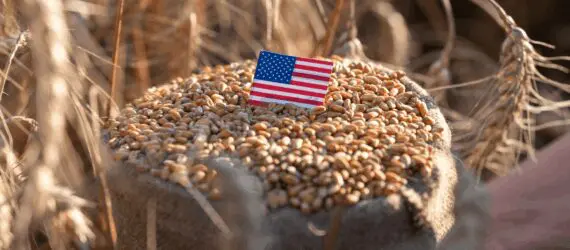Almighty God, Creator of the world, we give you thanks for the gift of stewardship and work. Deliver us, in our various occupations, from the service of self alone, that we may do our work in truth and beauty and for the common.
God of justice, we pray for all workers, that they would receive fair compensation and treatment in their labor.
For those who seek work, provide jobs — both citizen and immigrant alike. For those who cannot work, provide sustenance. Make those who lead the industries and commerce of this country responsive to your perfect will. Build up in the leaders of our country a respect for all labors. Deliver us, Lord Jesus, from the maligning evils of greed, sloth, and gluttony that we may lead lives of holiness in service to you and our neighbor.
We ask all these things for our good and your glory. Amen.



